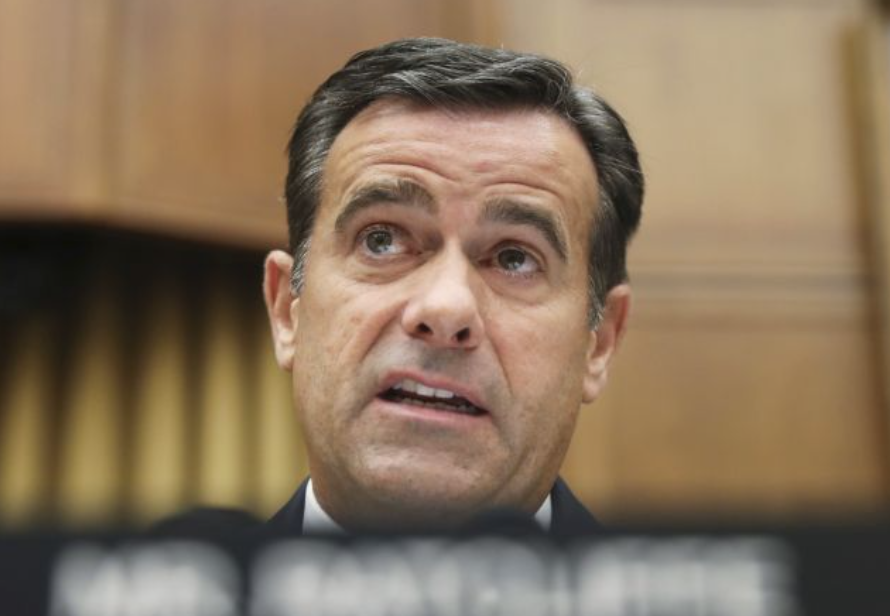CIA’s Ratcliffe Says Trump Weighing ‘National Laboratory’ for AI

CIA Director John Ratcliffe recently disclosed that President Donald Trump’s administration is considering the establishment of a national laboratory, akin to the Manhattan Project, to spearhead advancements in Artificial Intelligence (AI).
“When you talk about AI, one of the things I want to explore is whether we can expand and establish a national laboratory for the development of AI to help the U.S. government leverage emerging technology to make sure American leadership is that,” Ratcliffe stated in an interview with Breitbart News, marking his first discussion with the outlet since assuming his role as CIA director.
Ratcliffe, who was confirmed by the U.S. Senate last week, discussed his commitment to executing the president’s mandate to depoliticize the intelligence agency and return its focus to its fundamental responsibilities—gathering intelligence and ensuring the U.S. government has access to the most precise information available.
He also indicated that he would prioritize a thorough inquiry into whether COVID-19 originated from a laboratory leak at the Wuhan Institute of Virology—an initiative he has already begun since taking office.
Tracing the origins of national laboratories, Ratcliffe referenced the Manhattan Project, during which the U.S. government collaborated with scientists to develop atomic weaponry, securing victory in World War II for the United States and its allies.
He suggested that Trump’s unveiling of “Project Stargate,” a $500 billion initiative aimed at advancing AI, could serve as a foundation for additional public-private collaborations modeled after the Manhattan Project. Such efforts, he noted, would help the U.S. maintain an edge over its rivals in the global AI race, as reported by Breitbart.
“You saw this initiative the president discussed—Project Stargate—which is the four-year, $500 billion AI infrastructure project that’s been proposed with all of our great technology companies,” Ratcliffe remarked. “We could expand on that with a public-private partnership where a government element could participate, and we’ve done this before—our constellation of national laboratories can be traced back to the Manhattan Project, which we used as a public-private partnership to develop the first nuclear weapon to win World War II.
“We need to be thinking about the ways we can do that to counter how our adversaries are using things like the cyber threats to their strategic advantage and putting our national security interests in a place where we’re able to harness the data and computational speed of AI to understand trends and events and threats and opportunities faster than our adversaries do,” he added.
Ratcliffe described AI as both a “huge opportunity” and a “threat.” He underscored the importance of business leaders in the tech industry, including Elon Musk of SpaceX—who also owns X, the social media platform formerly known as Twitter, and heads Trump’s newly formed Department of Government Efficiency (DOGE)—in keeping the U.S. at the forefront of AI innovation.
“What we know is our adversaries are currently trying to utilize AI and machine learning and the emerging technologies in that space to collect intelligence against us and to use that against American interests,” Ratcliffe explained. “So the bottom line is we have to harness it and utilize it more effectively than our adversaries.
“I’m confident in our ability to do this. If you watched my confirmation, I talked about the fact that only one country in the world can parallel park a 200-foot rocket booster,” he continued. “The Chinese can’t do it, the Russians can’t do it, and the United States can’t do it without partnerships like we have with SpaceX and Elon Musk taking advantage of American innovation and ingenuity and the ability to do that.
“What I want to do as CIA director is find creative ways to partner with the private sector to take advantage of that American innovation and ingenuity without sacrificing our security and without losing our ability to protect our sources and methods. So to expand on that, and there’s a number of ways I think we can do that,” he concluded.